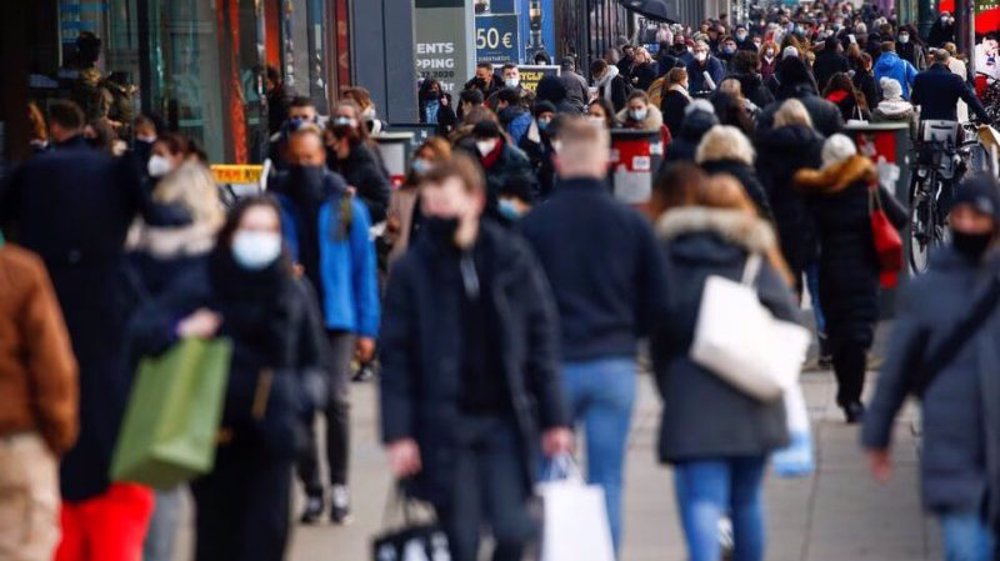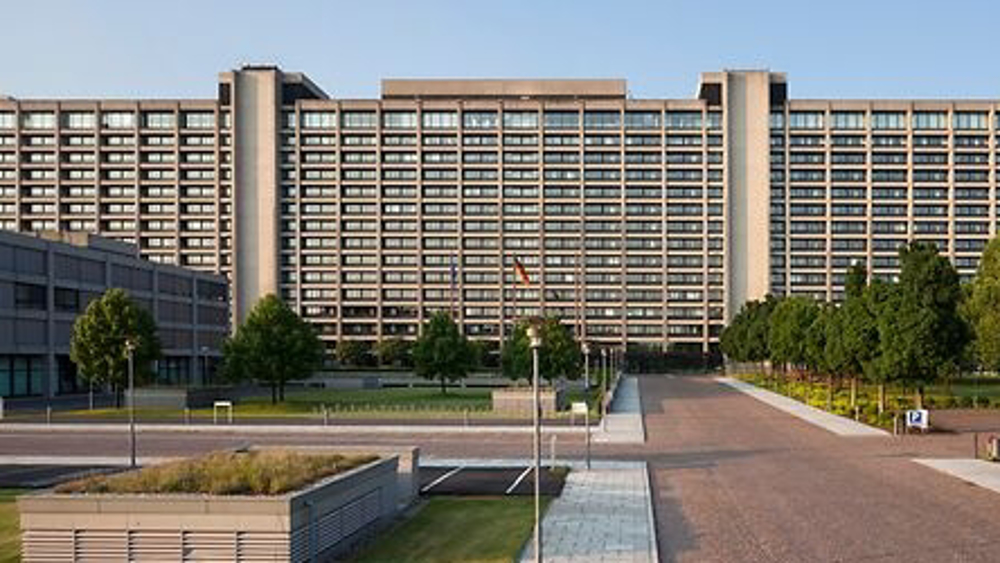Germany in recession as inflation hits economy, higher interest rates bite
The German economy has fallen into a recession as persistent inflation and biting higher interest rates curb demand in Europe's largest economy.
Official data by the federal statistics agency Destatis released on Thursday showed Germany's economy contracted by 0.3 percent in the first three months of the current year compared with a 0.5-percent contraction the previous quarter.
It is Germany's second consecutive quarter of negative growth, the threshold for a “technical recession,” said Destatis in a statement.
Back in April, a preliminary estimate showed Germany's gross domestic product (GPD) was virtually at zero growth in the first three months of the year, meaning the country would have barely avoided recession.
However, data published earlier in May showed industrial production fell more than expected in March, stemming from a poor performance by the key automotive sector.
"It took a couple of statistical revisions, but at the end of the day, the German economy actually did this winter what we had feared already since last summer," said ING Germany's chief economist Carsten Brzeski in a note to clients.
"The warm winter weather, a rebound in industrial activity, helped by the Chinese reopening and an easing of supply chain frictions were not enough to get the economy out of the recessionary danger zone."
The downturn occurred as the country battled a rise in energy prices in the wake of the Russian-Ukraine war, which weighed on households and businesses.
German Chancellor Olaf Scholz, however, tried to play down the fears of a prolonged recession.
“The German economy's prospects are very good.”
The April inflation reached 7.2 percent in the country. It was due in large part to the increased cost of energy, above the euro area's average but below Britain’s 8.7 percent.
"The persistence of high price increases continued to be a burden on the German economy at the start of the year," Destatis said.
The German central bank, Bundesbank, predicts the economy to grow modestly in the April-to-June quarter, with a rebound in industry offsetting stagnating consumer spending.
Germany's last recession came as the coronavirus pandemic swept through Europe at the beginning of 2020, forcing governments to effectively shut down large parts of the economy.
Palestinian activist in ICE detention 'missing' after medical emergency
Any enemy miscalculation will be met with ‘unprecedented’ response: Iran army chief
VIDEO | Press TV's news headlines
Hamas urges mediators to curb Israel’s violations of Gaza ceasefire
Islamic Revolution anniv. rallies to span 1,400 cities, draw 7,700 media personnel: Official
Palestinian journalist and Press TV contributor briefly arrested by UK police
Iran advises US to act independently of ‘destructive’ Israeli influence amid nuclear talks in Oman
VIDEO | 'Not in my name': Pro-Palestinian rally held in Sydney against Israeli president's visit











 This makes it easy to access the Press TV website
This makes it easy to access the Press TV website